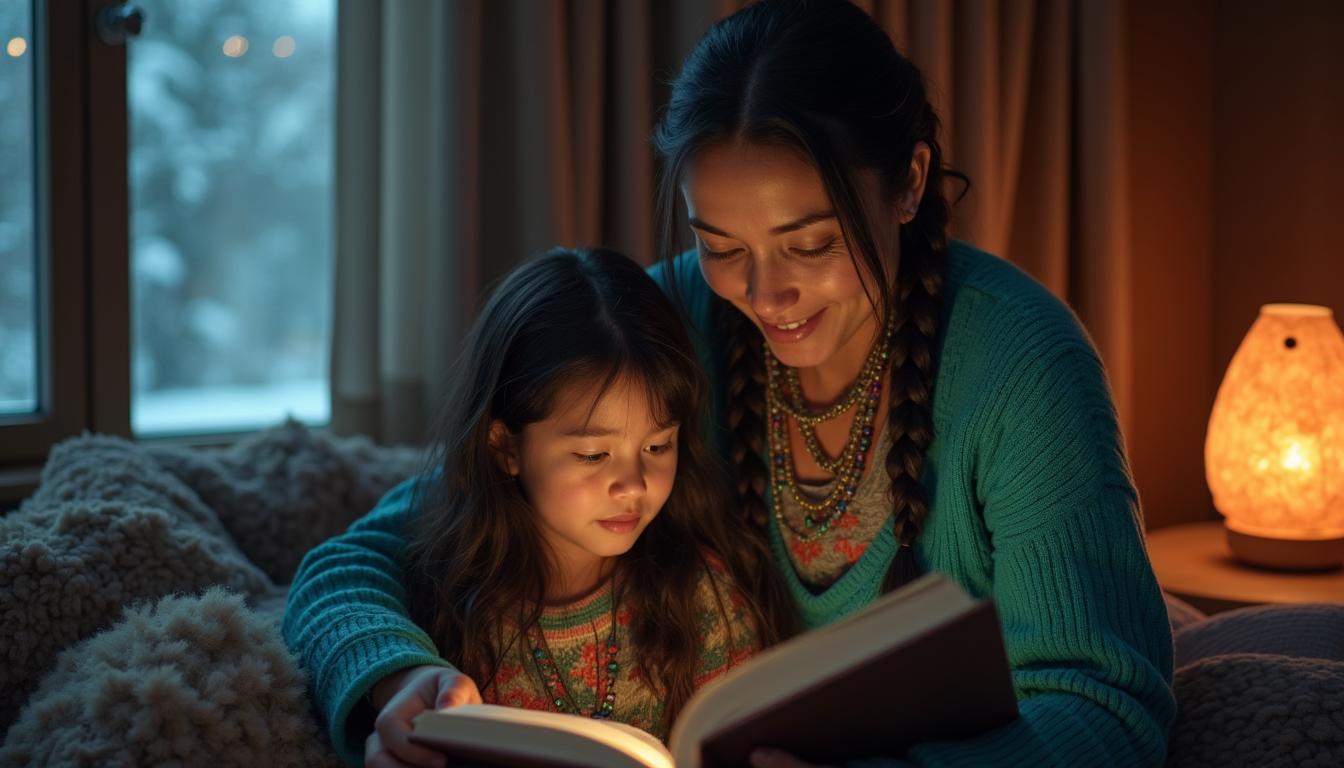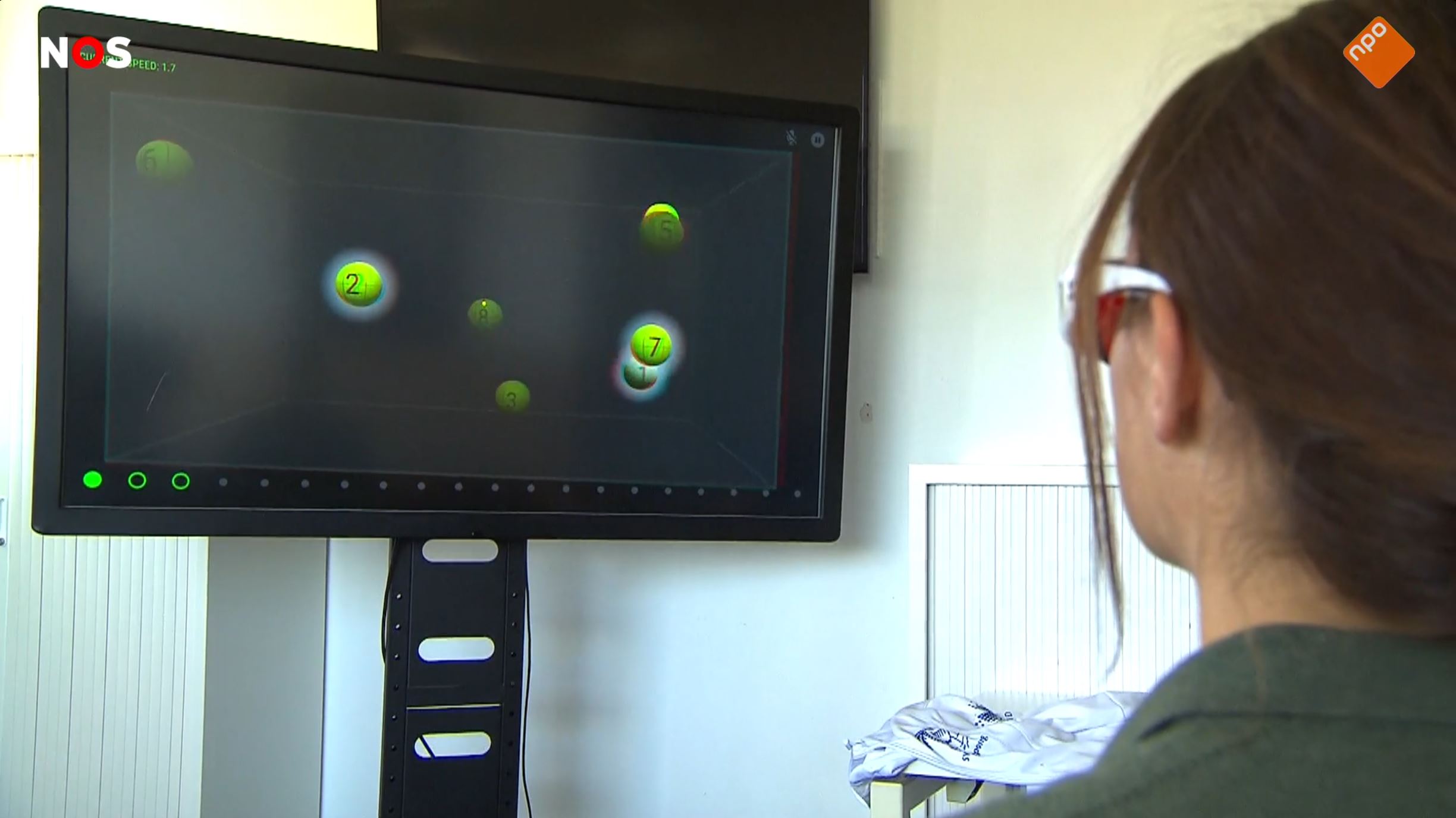Welcome to the Research and Strategy Services at in today's fast-paced.


If your child with ADHD is more irritable after a poor night’s sleep, you’re not imagining it. Sleep and emotional regulation are deeply connected — and for ADHD kids, the link is even stronger.
Poor sleep reduces activity in the prefrontal cortex, the part of the brain that calms emotional reactions. This leaves kids more vulnerable to big feelings the next day (Gruber, 2017).
Kids with ADHD are more likely to experience restless sleep, bedtime resistance, or delayed sleep phase (Cortese et al., 2009). These problems worsen emotional control.
Lack of rest can heighten rejection sensitivity, making children more reactive to even mild feedback (Beattie et al., 2015).

Building resilience through tools like attention training can help kids self-regulate even when sleep isn’t perfect. Over time, stronger attention control supports better coping with tiredness.

If your ADHD child’s emotions seem unpredictable, don’t overlook sleep. Supporting healthy sleep habits can transform daily emotional balance and reduce unnecessary struggles.
Q: How much sleep do ADHD kids need?
A: Most school-aged children need 9–11 hours, but quality matters as much as quantity. Consistency is key.
Q: Can poor sleep look like ADHD symptoms?
A: Yes. Inattention, irritability, and hyperactivity can all worsen with sleep loss. That’s why sleep should always be checked before adjusting treatment.
Q: Should I use melatonin or supplements?
A: Discuss with a healthcare professional. While melatonin can help some kids, long-term use should be monitored.
Q: Can NeuroTracker help with sleep problems?
A: Not directly. But training attention and emotional regulation can reduce the impact of tiredness on daily functioning.
This article was originally published on Breakthrough ADHD and is republished here with permission.








Welcome to the Research and Strategy Services at in today's fast-paced.

Discover how extra sensitivity to noise can be supported in sensory-rich environments.

Learn why ADHD kids “save the crash” and how to support healthy after-school routines.

Check out Eye4Vision's cutting-edge optometry, sports vision and rehab services.
.png)